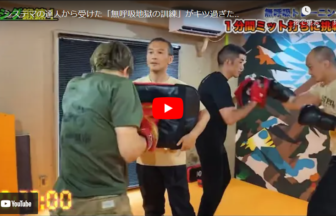↑↑↑↑↑~坂口拓の動画をタップして見る~↑↑↑↑↑
↑↑↑~Tap to watch Taku Sakaguchi’s video~↑↑↑
「チンピラ」は、主に日本の俗語で、不良やごろつき、粗暴な若者などを指す言葉です。この言葉はネガティブなイメージを持つことが多く、社会的な問題行動を行う若者や暴力的な行動をする集団を指す際に使われます。
チンピラは、一般的に法律を無視して違法な行動を行うことや、他人に対する嫌がらせ、恐喝、暴力行為などが報告されています。ただし、この言葉は侮蔑的な意味を持つこともあり、個々の状況やコンテキストによってその意味や使い方が異なることに注意が必要です。
日本の社会や文化において、チンピラという言葉はしばしばマスメディアや芸術作品で取り上げられ、また映画やドラマなどのフィクション作品でも登場することがあります。しかし、実際の社会では、違法な行動や暴力行為に対しては法律や社会的ルールを尊重することが大切です。
[Troublesome behavior] Trouble on the bus! When I warned the angry thugs, they got entangled
“Chinpira” is mainly Japanese slang, and refers to delinquents, rogues, and rough young people. This term often has a negative image and is used to refer to youths who engage in socially problematic behaviors and groups that engage in violent behavior. Thugs are commonly reported to disregard the law and engage in illegal behavior, harassment, blackmail, and violence against others. However, it should be noted that this word can have a derogatory connotation and its meaning and usage will vary depending on individual situations and contexts. In Japanese society and culture, the word chimpira is often featured in mass media and works of art, and also appears in fictional works such as movies and dramas. However, in the real world, it is important to respect the law and social rules when it comes to illegal or violent behavior.









この記事へのコメントはありません。